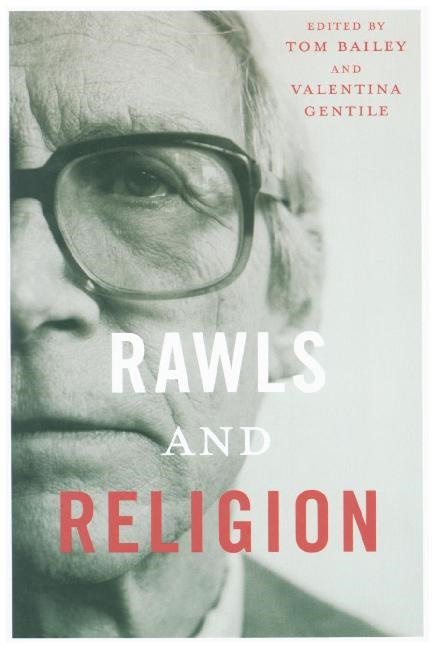Read more
John Rawlss influential theory of justice and public reason has often been thought to exclude religion from politics, out of fear of its illiberal and destabilizing potentials. It has therefore been criticized by defenders of religion for marginalizing and alienating the wealth of religious sensibilities, voices, and demands now present in contemporary liberal societies. In this anthology, established scholars of Rawls and the philosophy of religion reexamine and rearticulate the central tenets of Rawlss theory to show they in fact offer sophisticated resources for accommodating and responding to religions in liberal political life.
List of contents
Foreword, by Sebastiano MaffettoneAcknowledgmentsList of AbbreviationsIntroduction, by Tom Bailey and Valentina GentilePart I. Reinterpreting Rawls on Religion1. Respect and War: Against the Standard View of Religion in Politics, by Christopher J. Eberle2. Religion and Liberalism: Was Rawls Right After All?, by Robert B. Talisse3. Inclusivism, Stability, and Assurance, by Paul Weithman4. Rethinking the Public Use of Religious Reasons, by Andrew F. MarchPart II. Accommodating Religions with Rawls5. The Liberal State and the Religious Citizen: Justificatory Perspectives in Political Liberalism, by Patrick Neal6. Reasoning from Conjecture: A Reply to Three Objections, by Micah Schwartzman7. The Religious Hermeneutics of Public Reasoning: From Paul to Rawls, by Johannes A. van der VenPart III. Transcending Rawls8. E Pluribus Unum: Justification and Redemption in Rawls, Cohen, and Habermas, by James Gledhill9. A Reasonable Faith? Pope Benedict's Response to Rawls, by Peter Jonkers10. Islamic Politics and the Neutral State: A Friendly Amendment to Rawls?, by Abdullahi A. An-Na'imBibliographyList of ContributorsIndex
About the author
Tom Bailey teaches philosophy at John Cabot University in Rome. His research focuses on contemporary political philosophy, ethics, and the history of modern philosophy. He has published various articles in these areas and is the editor of Deprovincializing Habermas: Global Perspectives. Valentina Gentile is vice director of the Center for Ethics and Global Politics at LUISS University in Rome. Her research focuses on liberal tolerance, reasonable pluralism, and moral stability in divided societies, and on justice and recognition.
Summary
Established scholars of Rawls and the philosophy of religion reexamine and rearticulate the central tenets of Rawls’s theory

